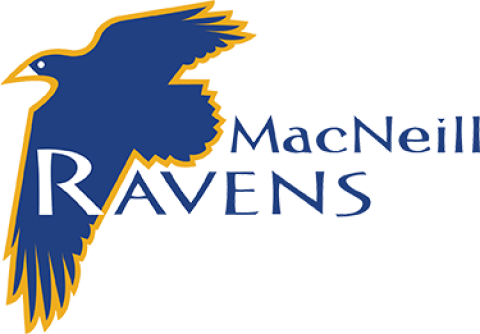Career Life Education (CLE)
Career-Life Education 10 (MCLE-10)
Career-Life Education (CLE) is a mandatory 4-credit course required for Graduation. It focuses on building self-awareness of interests and strengths and using this knowledge to explore future career-life choices. Students may take this course in Grade 10, 11 or 12.
The aim of Career-Life Education is to prepare students to be able to adapt to on-going change in many aspects of their life—education, work, and life. Through self-assessments, individual investigation, collaborative projects, guest speakers, and experiential learning activities students will:
- • develop personal learning goals and plans;
- • explore and refine plans for post-secondary education/training;
learn work-related skillssuch as workplace safety and behavior, resume building and interview skills; • build relevant networks and supportive relationships for future endeavors; • understand the importance of balancing personal and work-life; • apply proactive strategies to promote well-being and healthy choices in various lifeareas— social, physical, mental, spiritual, and environmental.
This course is designed to prepare students to successfully complete Career-Life Connections.
Career Life Connections 12 (MCLCA12 + MCLCB12)
Students in Grades 11 and 12 are required to complete this 4-credit course for Graduation. This is a mandatory but non-enrolling course which is spread out over two years (2 credits in Grade 11 and 2 credits in Grade 12). Although some time will be allocated during Advisory to work on aspects of the course, students are responsible for completing the requirements outside of school hours.
Career Life Facilitators will work with Grade 11 and 12 Advisory teachers and students to introduce the assignments; monitor evaluate, and report on student progress, and provide support, as needed.
There are four main components of the course:
Career-Life Development: Students examine, assess, reflect, and engage in personal career-life development and planning. Topics such as personal well-being, networking and mentoring, personal/professional online presence, and transferable skills form the basis of assignments that address the big ideas of the course.
Community Connections: Students complete 30 hours of work or volunteer experience. To prove they have met this requirement, they must provide evidence of their hours, have their performance assessed by a supervisor, and reflect on their experiences and contributions.
Career-Life Planning: Students complete a comprehensive plan outlining what they will do in their first year after high school (e.g., further their education, work or travel). The plan outlines the 5W’s + H questions (who, what, where, when, why, how) and includes specific evidence that demonstrates students are working towards their choice and preparing for a successful transition to post-secondary career and life.
Capstone Project: A capstone project is a culminating project (worth 40% of students’ CLC mark) that allows students to reflect on and demonstrate their growth over the Graduation Program, using an area(s) of interest or passion as the basis for the project. Students design, assemble, and present their project to an audience of peers, teachers, parents, and community members, to demonstrate personal learning and achievement (in and out of school), growth in the Core Competencies (thinking, communication, and personal and social responsibility), and connections to their future life and career. The presentations take place at a Capstone Celebration.
